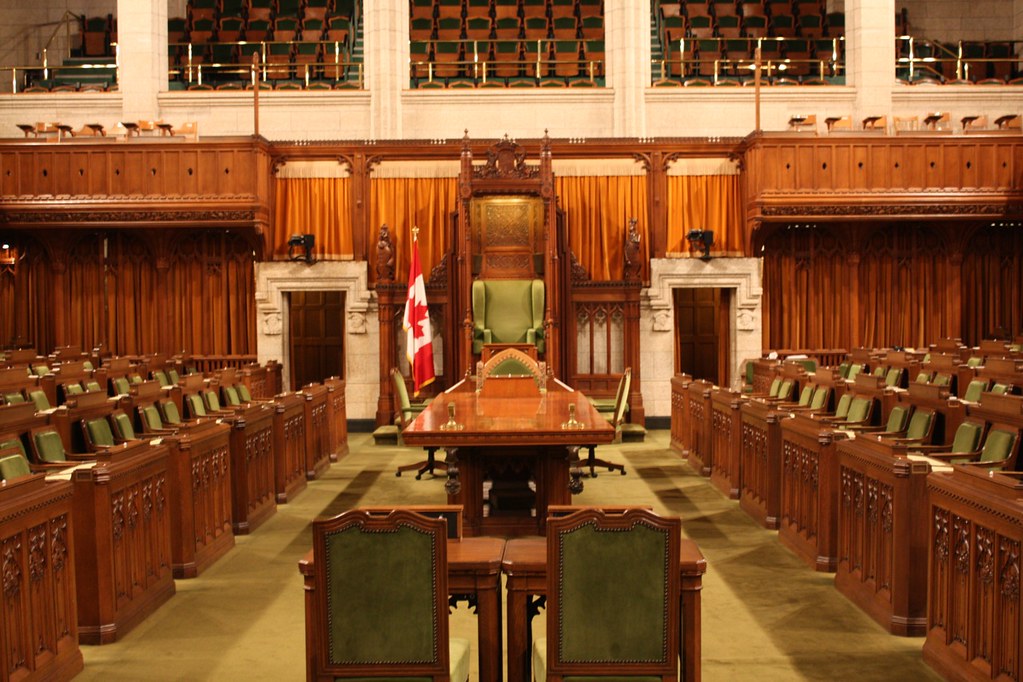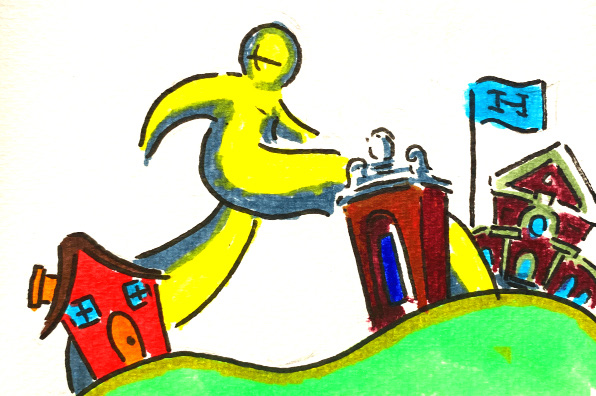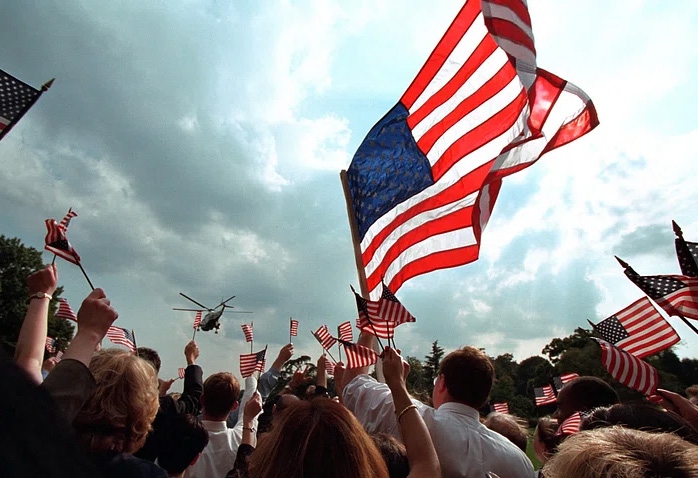The issue of Ukraine has caused division among the politicians of the world, especially as Russia’s invasion passes its first anniversary. On September 26, the Speaker of the Canadian House of Commons, Anthony Rota, resigned after a scandalous incident that embarrassed Canada and its allies. Following a joint address to the Canadian parliament with Ukrainian President Volodomyr Zelensky, who visited Canada and the United States, Rota lauded Ukrainian-Canadian Yaroslav Hunka, a 98-year-old veteran of World War II, who also fought for Ukrainian independence against the Soviet Union.
However, Hunka served in a Nazi military division known as the 14th Waffen Grenadier Division of the SS. According to Jewish rights organization B’nai Brith, Hunka and his comrades fought in a unit filled with “ultra-nationalist ideologies” who “dreamed of an ethnically homogeneous Ukraine and endorsed ethnic cleansing.” Unfortunately, Canada’s blunder in honoring Hunka legitimizes Russian President Putin’s claim that he must “denazify” Ukraine by invading.
Canada has given billions of dollars to Ukraine, with Canadian taxpayers contributing $2.4 billion to the Ukrainian war effort. Some political opponents have chastised Prime Minister Trudeau for giving away such huge sums.
In the U.S. and Europe, support for Ukraine been waning since the initial incursion into Kyiv last year. Although Biden and the Democratic Party are committed to aiding Ukraine, the GOP is divided. In particular, former President Trump promised to “end the war in twenty-four hours,” indicating he would most likely end military and economic aid to Kyiv while proposing a peace treaty that favors Putin’s regime.
The U.S. government needs to dedicate time and resources to convince the branches of government to compromise. The recent transfer of seized Iranian weapons is a good start, as unconventional ways that bypass Congress are needed to satisfy the needs of the American people and the Ukrainian army.
On the one hand, cutting off aid to Ukraine would likely mean victory for Russia and its fumbling war machine. On the other hand, unlimited support for Ukraine risks domestic crises as the cash, equipment, and aid given to Ukraine are needed at home. A delicate balance must be found to satisfy domestic needs and protect Ukraine.





